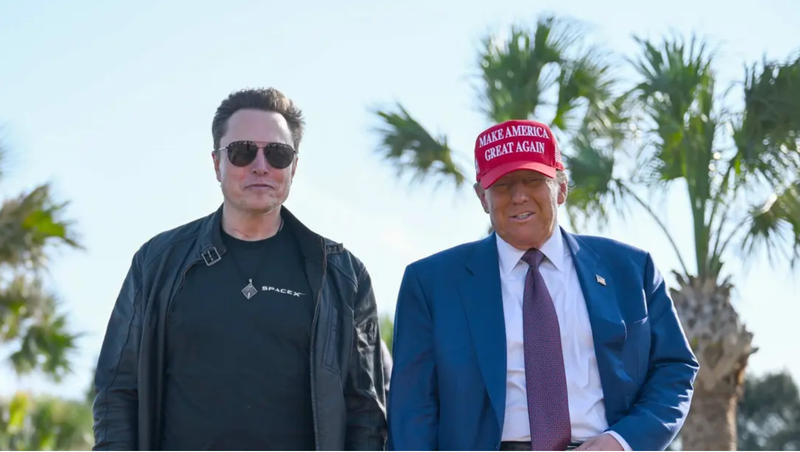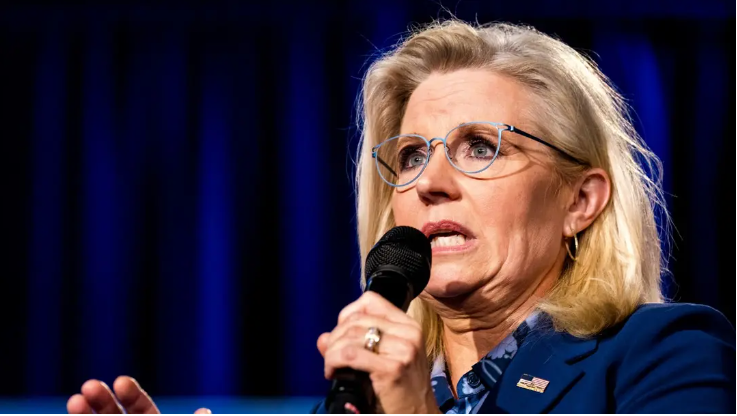Taiwan: Opposition Parties Unite for January Election
Taiwan's two largest opposition parties, the Kuomintang (KMT) and Taiwan People's Party (TPP), have agreed to run a joint campaign against the ruling Democratic Progressive Party (DPP) in January's presidential election....

Facts
- Taiwan's two largest opposition parties, the Kuomintang (KMT) and Taiwan People's Party (TPP), have agreed to run a joint campaign against the ruling Democratic Progressive Party (DPP) in January's presidential election.1
- Under the agreement, signed on Wednesday, KMT and TPP nominees — Hou Yu-ih and Ko Wen-je — as well as former Taiwanese Pres. Ma Ying-jeou will each recommend an expert to analyze opinion polls from Nov. 7 to 17 to determine the structure of the presidential ticket.2
- A divided opposition has reportedly benefitted DPP presidential hopeful Vice President Lai Ching-te, who has consistently led opinion polls for nearly a year. According to the latest survey, he had a 33% support rating, ahead of Ko's 24% and Hou's 22%.3
- Candidates must formally register by Nov. 24 for the Jan. 13, 2024 election, when Taiwanese voters will elect the president, vice president, and all 113 members of the Legislative Yuan.4
- As the KMT is allegedly more closely aligned with the Chinese Communist Party, a potential KMT-TPP coalition would likely ease tensions with the PRC, which sees the self-ruling island as part of its own territory and hasn't ruled out the use of force to bring it under its control.5
- Beijing deems Lai — who claims Taiwan is already an independent country — and incumbent Pres. Tsai Ing-wen separatists, and has warned that they would be responsible if a war broke out across the Taiwan Strait.6
Sources: 1Reuters, 2Taiwan News, 3Time, 4Focus Taiwan, 5Al Jazeera and 6Associated Press.
Narratives
- Narrative A, as provided by South China Morning Post. This unprecedented blue-white coalition may have a crucial role in reducing cross-strait tensions and preventing a conflict that would be in the interest of neither Washington nor Beijing. It's certain that such a government could be fractious due to contrasting economic and political platforms, but, at least there would be peace and stability in the Taiwan Strait — a prospect that isn't likely under Lai.
- Narrative B, as provided by Taipei Times. If Taiwanese voters were to elect this Beijing-backed, power-grabbing, unprincipled coalition, the nation would again be forced to rely on Chinese goodwill instead of deepening its integration into the international community. It's clear that Lai is the best option for Taiwan, as he is the only candidate who has presented a plan to manage the country and proposed a vision of the government.






